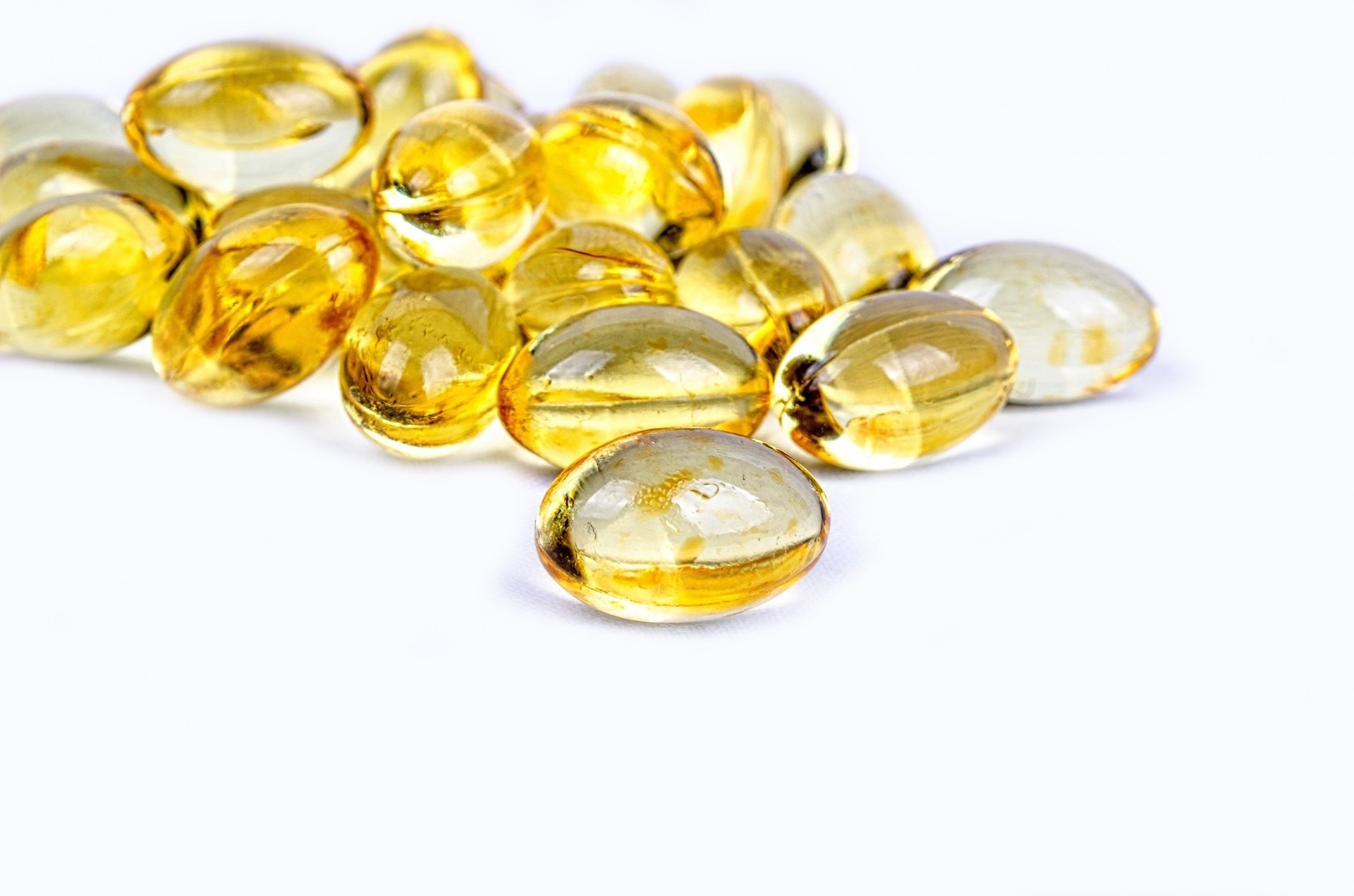Danny and I already discussed this topic on a recent podcast, but I decided to post the studies anyways, considering how important the topic is. While progesterone and testosterone are the most well-known differentiating factors in humans, the role of vitamin D has gone largely unnoticed. The studies below demonstrate that vitamin D is a powerful differentiating agent, and can cause the regression of even advanced tumors when used in doses proven to be safe for most people (5,000 IU - 10,000 IU daily). The studies cover both in-vitro and in-vivo models and the third link is a human case report. Importantly, at least two of the studies (second and third to last) demonstrate that the "inactive" cholecalciferol (25-OH-D3, commonly used as a supplement) is just as active in terms of differentiating effects as the "active" form known as 1,25-OH-D3 (calcitriol). Moreover, cholecalciferol has a much lower risk of causing hypercalcemia compared to calcitriol, and in fact may lower elevated levels of calcitriol that are seen in many chronic inflammatory conditions.
Signaling pathways for vitamin D-induced differentiation: implications for therapy of proliferative and neoplastic diseases - PubMed
Regulation of vitamin D receptor abundance and responsiveness during differentiation of HT-29 human colon cancer cells - PubMed
https://www.longdom.org/open-access...vitamin-d-a-case-report-2247-2452.1000662.pdf
Differentiation of neoplastic cells toward normal induced by vitamin D3 derivatives - PubMed
Cholecalciferol Inhibits Cell Growth and Induces Apoptosis in the CaSki Cell Line - PubMed
Attempts to Induce Differentiation of Neoplastic Cells to Normal - Julian L Ambrus - Discovery Medicine
"...Several investigators reported that 1,25-dihydroxyvitamin D3 (vD3) and its active metabolite cholecalciferol (calcitriol, DHCC) causes monocytic differentiation of leukemia cells. This appears to be due in part to down-regulation of expression of cell cycle related proto-oncogenes (e.g., c-myc). Differentiation inducing effect was also seen against certain solid tumors including prostatic cancer and squamous cell carcinoma."
"...In a number of studies, vD3 was evaluated as a growth inhibitor. In tissue culture studies it was found effective in osteosarcoma, squamous cell carcinoma, breast cancer, prostate cancer, and leukemias."
Vitamin D: A modulator of cell proliferation and differentiation
"...The antiproliferative effect of 1,25(OH)2D 3 has been confirmed in vivo. In high doses the sterol inhibits growth of human malignant melanoma and colonic cancer xenografts in immune suppressed mice [23] and of nitrosomethylurea-induced mammary tumours in rats [24], while administration of I~(OH)D 3 reduced the number of lung metastases after implantation of Lewis lung carcinoma cells into mice [25]. The fact that 1,25(OH)2D 3 stimulates fibronectin synthesis in several human cancer cell lines may be related to the possible antimetastatic effect of the hormone [26]."
"...From the data currently available it seems clear that 1,25(OH)2D3 has a regulatory effect on cell growth and proliferation. However, high doses of the sterol are needed. Therefore, it remains to be established whether 1,25(OH)2D3 can produce long-term antitumour effects without unacceptable toxicity, like the development of hypercalcemia. In this light, the recent development of new vitamin D analogues which have potent effects on cell proliferation and differentiation in vitro without inducing severe hypercalcemia is of interest [27-29]."
Signaling pathways for vitamin D-induced differentiation: implications for therapy of proliferative and neoplastic diseases - PubMed
Regulation of vitamin D receptor abundance and responsiveness during differentiation of HT-29 human colon cancer cells - PubMed
https://www.longdom.org/open-access...vitamin-d-a-case-report-2247-2452.1000662.pdf
Differentiation of neoplastic cells toward normal induced by vitamin D3 derivatives - PubMed
Cholecalciferol Inhibits Cell Growth and Induces Apoptosis in the CaSki Cell Line - PubMed
Attempts to Induce Differentiation of Neoplastic Cells to Normal - Julian L Ambrus - Discovery Medicine
"...Several investigators reported that 1,25-dihydroxyvitamin D3 (vD3) and its active metabolite cholecalciferol (calcitriol, DHCC) causes monocytic differentiation of leukemia cells. This appears to be due in part to down-regulation of expression of cell cycle related proto-oncogenes (e.g., c-myc). Differentiation inducing effect was also seen against certain solid tumors including prostatic cancer and squamous cell carcinoma."
"...In a number of studies, vD3 was evaluated as a growth inhibitor. In tissue culture studies it was found effective in osteosarcoma, squamous cell carcinoma, breast cancer, prostate cancer, and leukemias."
Vitamin D: A modulator of cell proliferation and differentiation
"...The antiproliferative effect of 1,25(OH)2D 3 has been confirmed in vivo. In high doses the sterol inhibits growth of human malignant melanoma and colonic cancer xenografts in immune suppressed mice [23] and of nitrosomethylurea-induced mammary tumours in rats [24], while administration of I~(OH)D 3 reduced the number of lung metastases after implantation of Lewis lung carcinoma cells into mice [25]. The fact that 1,25(OH)2D 3 stimulates fibronectin synthesis in several human cancer cell lines may be related to the possible antimetastatic effect of the hormone [26]."
"...From the data currently available it seems clear that 1,25(OH)2D3 has a regulatory effect on cell growth and proliferation. However, high doses of the sterol are needed. Therefore, it remains to be established whether 1,25(OH)2D3 can produce long-term antitumour effects without unacceptable toxicity, like the development of hypercalcemia. In this light, the recent development of new vitamin D analogues which have potent effects on cell proliferation and differentiation in vitro without inducing severe hypercalcemia is of interest [27-29]."

